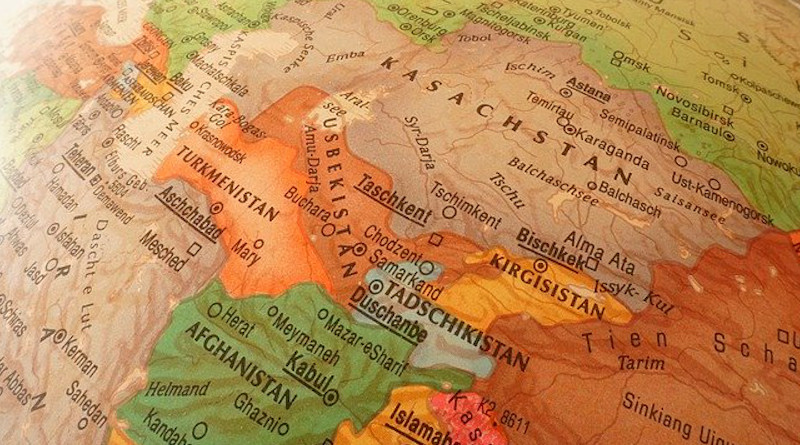Fergana Valley Heading Toward An Explosion – OpEd
By Paul Goble
In the 1990s, few discussions of Central Asia in the West took place without reference to the situation in the Fergana Valley, the region where Kyrgyzstan, Tajikistan and Uzbekistan come together, and without speculation that that densely populated place would likely become the site of future geopolitical explosions.
More recently, given the problems in southern Kyrgyzstan and along the borders of Tajikistan and Uzbekistan, attention to the Fergana Valley has ebbed even though population density and water shortages in the region have continued to intensify. Now, scholars from the region are saying it is time to focus on the Fergana once again.
At a recent conference in Moscow, Aleksandr Knyazev of MGIMO lamented that in recent years, the problems of Fergana and their potential to lead to explosions across Central Asia have been “on the periphery of expert attention,” something that must change (https://ia-centr.ru/experts/iats-mgu/ferganskaya-dolina-preodolenie-stereotipov/).
The populations of all three nations in the Fergana have continued to grow, and none of them have shifted from agricultural to industrial production. As a result, conflicts over access to land and to the water needed to irrigate that land have intensified – and there is every reason to think that these will soon exacerbate ethnic and religious divisions.
The observations of two Uzbek scholars at that meeting are especially noteworthy. Ravshan Nazarov of Tashkent’s Institute of State and Law says it is important to recognize that in the Fergana a certain “Fergana super-national identity” has emerged, one in which people from the different nationalities there feel they have much in common.
“For residents of the Fergana Valley,” he continues, “a Fergana Tajik and a Fergana Kyrgyz are much closer mentally to one another than an Uzbek born in Khorezm. I can say this with authority if only for the simple reason that I am a Khoremian from my father’s side and a Fergana person from my mother’s.”
According to Nazarov, “the ethno-socio-cultural difference between Khorezm and fergna Uzbeks is greater than the difference between the Spanish and the French.” Similarly, “the difference between north and south in Tajikistan and Kyrgyzstan is also quite clear.” That means that many conflicts listed as ethnic are in fact not.
Bakhtiyer Ergashev, an independent Tashkent scholar, is much less optimistic. He sees Islam making inroads in the Fergana largely because the official Islamic hierarchy is weak and the radicals are able to move from one ethnic group to another there more easily than almost anywhere else in Central Asia.
For that reason and as a result of demographic and economic changes, he continues, the Fergana continues to have “a very serious potential” for triggering conflicts across the entire Central Asian region, conflicts that outside powers because of their activities may make even more likely.
Ergashev notes that he “was born and grew up in the Fergana Valley and therefore if I say something then this is not only an expert opinion obtained via the Internet but also by personal experience in the region. He says he is glad that other speakers are more optimistic about the future of the Fergana than he is but has his doubts.
He says that as for himself and those in the region he knows, he no longer has such optimism and fears that the Fergana is going to prove as explosive as many predicted only a few decades ago.

